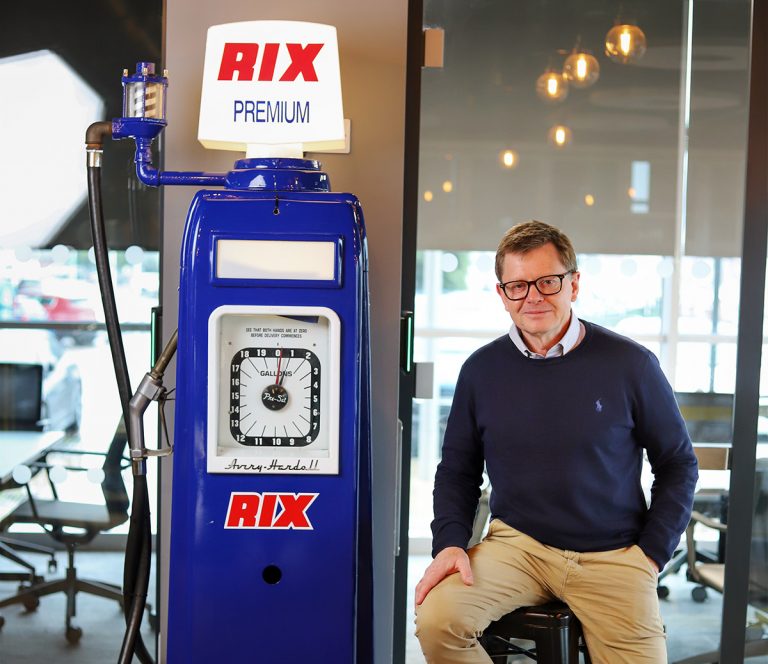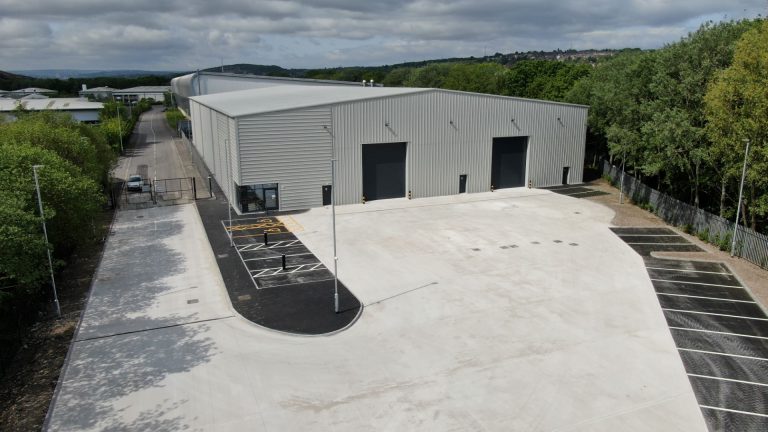Business confidence rises in Yorkshire
BCC calls for streamlined planning process to boost business investment
- Improved resources for council planning teams and more use of digitisation for applications.
- Political stability on planning reform so the system can operate unhindered for a lengthy period.
- More priority for business’ needs in the development management and plan-making process.
- Co-ordination between local and national infrastructure must be a key part of long-term planning.
- Planning system to make grid connectivity easier for infrastructure projects and new building developments.
Record financial performance for Hull family business
Rob joins ABP to expand company’s investment portfolio
Sheffield firm’s CEO welcomed international hydrogen deal between the UK and Germany
“It is through these partnerships that we can move away from expensive fossil fuels – and in doing so boost our energy security.”
SMEs blame education system for skills shortage, says report
SME owners hold the UK education system responsible for skills gaps, according to new data from small business lender iwoca.
The survey of SME owners reveals three in four think the current education system does not adequately prepare young people to take on employment. In terms of hiring, SME owners are first looking for experience in the sector (33%) and the role (28%), before checking for qualifications (4%).
More than half of the SME owners surveyed say the sector does not currently have the right skills it needs to succeed. Of those, almost half say that the skills shortages have been ongoing for at least a year.
These talent shortages are bearing an impact for small businesses – more than two in five say SME owners themselves are having to work longer hours to plug gaps. Delays to growth plans (31%) and hiring temporary workers (25%) were cited as the next biggest impacts of skills gaps felt by the SME community.
The answer to the lack of skills among employees of small businesses could lie in apprenticeships, say SME owners. Over three quarters say apprenticeships are key to solving the sector’s chronic skills issues.
Over seven in 10 (72%) believe the Government should introduce more support for SMEs to help employees upskill. By contrast, a loosening of immigration rules to remedy the lack of qualified talent saw support from just over two-fifths of SME owners.
Seema Desai, COO at iwoca, said: “Skills shortages have hit SMEs hard in recent years, and they have yet to recover. Small business owners are rightly looking for alternatives to plug these gaps, and believe strongly in apprenticeships, educational reform and tailored Government support schemes to try and fix these issues. We must ensure that the young talent coming through today have the skills needed not only to help businesses grow, but perhaps become SME owners of the future.”












